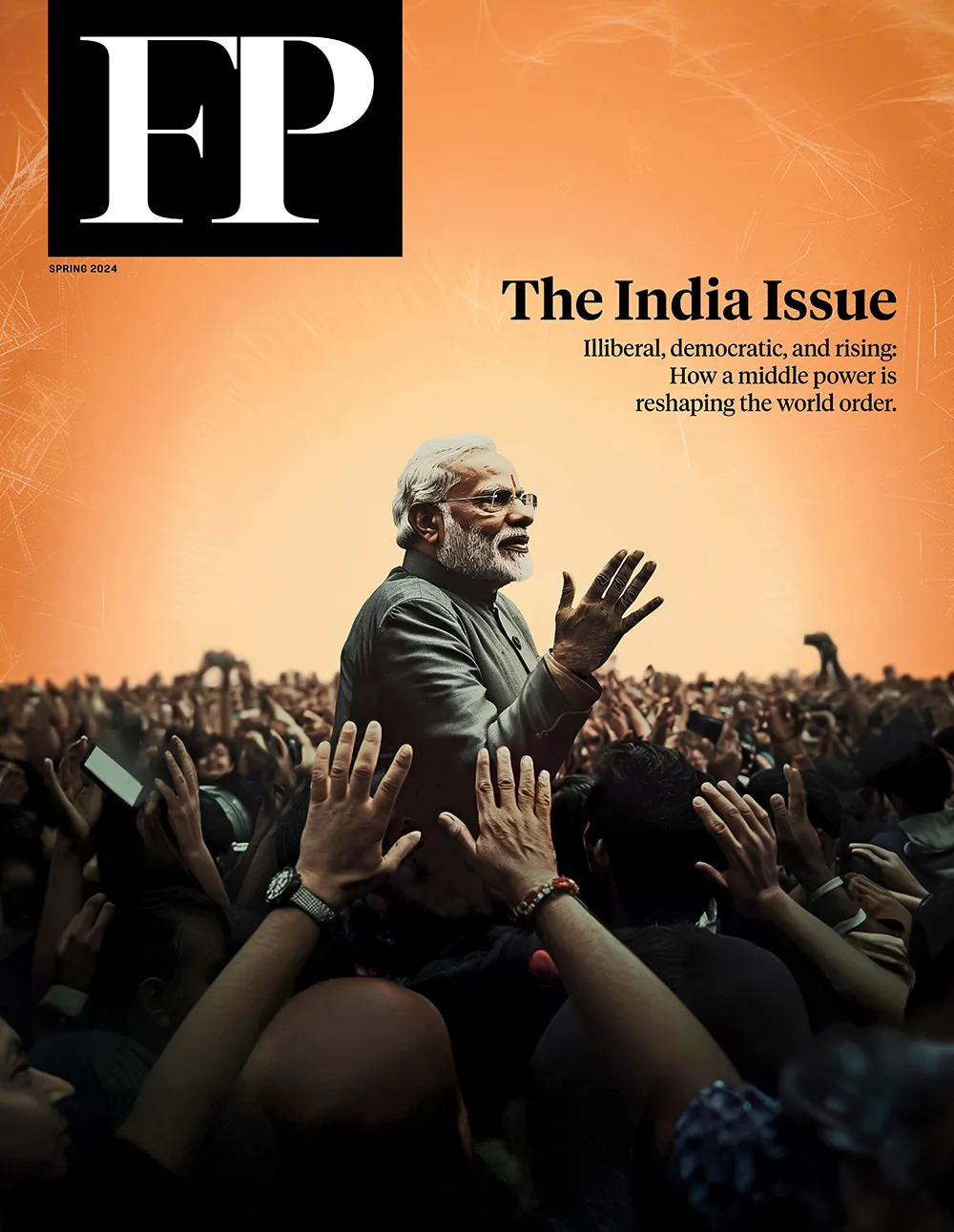Why a Small Pacific Island Territory Is Upending Nickel Prices
Violent riots in New Caledonia are having an outsized global impact on critical mineral supply chains.
The tiny Pacific island territory of New Caledonia entered its second week of deadly riots on Monday, with protesters blocking roads and shutting down the airport. At least six people have been killed so far, and dozens of businesses have been looted and burned, prompting France—which governs the archipelago—to impose a 12-day state of emergency.
The tiny Pacific island territory of New Caledonia entered its second week of deadly riots on Monday, with protesters blocking roads and shutting down the airport. At least six people have been killed so far, and dozens of businesses have been looted and burned, prompting France—which governs the archipelago—to impose a 12-day state of emergency.
New Caledonia has been under French control since 1853, and it voted to remain that way as recently as 2021 despite a growing pro-independence movement. However, that movement exploded into violence last week after France approved a constitutional amendment to the island territory’s voting rules that critics say will dilute the representation of the island’s Indigenous Kanak people.
The unrest has had an impact beyond the islands themselves—hundreds of tourists, many of them from nearby Australia and New Zealand, remain stranded because of the airport closure, and the foreign ministers of both countries have called for the resumption of flights to get their citizens out.
It has also led to a sharp spike in the price of nickel, which has reached its highest level in nine months.
New Caledonia possesses an estimated 25 percent of the world’s nickel resources and accounts for 6 percent of global production of the metal, giving the territory a level of influence on industry that belies its size. “Anything that happens in New Caledonia is of interest to the nickel industry,” said Adrian Gardner, the principal analyst for nickel markets at the energy research firm Wood Mackenzie.
While New Caledonian nickel mines have been operational since 1888, their level of importance to France in particular has gone up in recent years because of a decidedly more modern technology. Nickel is a key component of the lithium-ion batteries used in electric vehicles (EVs) and a critical piece of broader global efforts to transition to more sustainable energy sources.
But EVs account for only around 10 percent of global nickel demand today, according to Gardner. The vast majority of demand (65 percent) comes from the production of a far less cutting-edge material, but one that is perhaps even more important: stainless steel.
New Caledonia’s two major nickel processing facilities—known as Doniambo and Koniambo—account for nearly a quarter of the global supply used in ferronickel, an alloy that is one of the key materials used in stainless steel production. “If you suddenly withdraw a quarter of the nickel required by the stainless steel industry just to stay the same, then you’ve got a mini-panic on your hands,” said Gardner. “So that is the real pressure point that New Caledonia has in terms of global nickel.”
That might explain why France is so keen to retain control of the territory and pour water on any pro-independence efforts. “The French government’s quick response to escalating violence there is in part due to the strategic significance of New Caledonia’s nickel reserves,” said Cullen Hendrix, a senior fellow at the Peterson Institute for International Economics and a fellow at the Payne Institute at the Colorado School of Mines. “Nickel is a strategic resource, necessary for building, supplying, and deploying modern militaries and powering the economies that sustain them. This was true in the 19th century, and with the rise of green energy technology, it’s even more true today,” Hendrix added.
As is the case with much of 21st-century geopolitics, there is also a China factor. China has been tightening its grip on global critical mineral supply chains to bolster its electric vehicle industry—now the world’s biggest—in recent years. To obtain nickel, China’s industry has leaned particularly heavily on Indonesia, which accounts for nearly half of the metal’s global production, and the Chinese government has exerted its influence across the small but highly strategic and resource-rich Pacific island region where New Caledonia is located.
That also plays into efforts by France—and Europe more broadly—to compete with China on electric vehicles and prevent cheap Chinese EVs from flooding the European markets. “It helps to explain why the archipelago remains under French rule,” Hendrix said.
China may also be partly to blame for the struggles of the global nickel industry, which predate the riots by several months. In January this year, nickel prices dropped to their lowest level since September 2020, in part thanks to a massive slowdown in China’s electric vehicle industry. According to Gardner, China accounts for more than 80 percent of the global demand for nickel used in batteries. “Last year, Chinese demand for batteries and the raw materials in those batteries grew at a very low rate,” he said. “There is a real imbalance between the nickel production that was targeting that battery sector and the demand for those specific products.”
Combined with a similar dynamic in the stainless steel industry and Indonesia’s relatively cheaper production, this has resulted in a significant surplus in global nickel supplies that has prompted Swiss mining giant Glencore to announce earlier this year that it would seek to exit its New Caledonia operation in Koniambo despite promises from Paris of additional subsidies.
“Even with the French government’s proposed assistance, high operating costs and current very weak nickel market conditions means [the facility] remains an unprofitable operation,” the company said in a statement.
Should the riots and political unrest prompt further shutdowns, that surplus could very quickly be turned on its head, said William Talbot, the principal analyst for nickel and cobalt at Benchmark Mineral Intelligence. “The scale of New Caledonia’s nickel industry is such that a shutdown of all mines on the island for a significant period of time could materially affect the global balance,” he said.
Paradoxically, the upheaval from the New Caledonian crisis could eventually help the industry. “Over the long run, higher prices may be a good thing, encouraging more diversification of the sector and encouraging greater investment in extraction and processing,” Hendrix said.
Christina Lu contributed reporting for this story.
Rishi Iyengar is a reporter at Foreign Policy. Twitter: @Iyengarish
More from Foreign Policy

Morality Is the Enemy of Peace
The conflicts in Gaza and Ukraine can only end with deals that don’t satisfy anyone completely.

Why Biden’s Gaza Gambit Is Likely to Fail
The U.S. president wants a truce more than Israel and Hamas do.

Modi’s Taiwan Ties Have Rattled China
India’s overtures to the island have coincided with a breakdown in its relationship with Beijing.

Don’t Bet Against the Dollar
U.S. competitors are pushing the limits of autonomy within a dollar-based system, but there isn’t a real global alternative—and the world is far from an inflection point.








Join the Conversation
Commenting on this and other recent articles is just one benefit of a Foreign Policy subscription.
Already a subscriber? .
Subscribe Subscribe
View Comments
Join the Conversation
Join the conversation on this and other recent Foreign Policy articles when you subscribe now.
Subscribe Subscribe
Not your account?
View Comments
Join the Conversation
Please follow our comment guidelines, stay on topic, and be civil, courteous, and respectful of others’ beliefs.